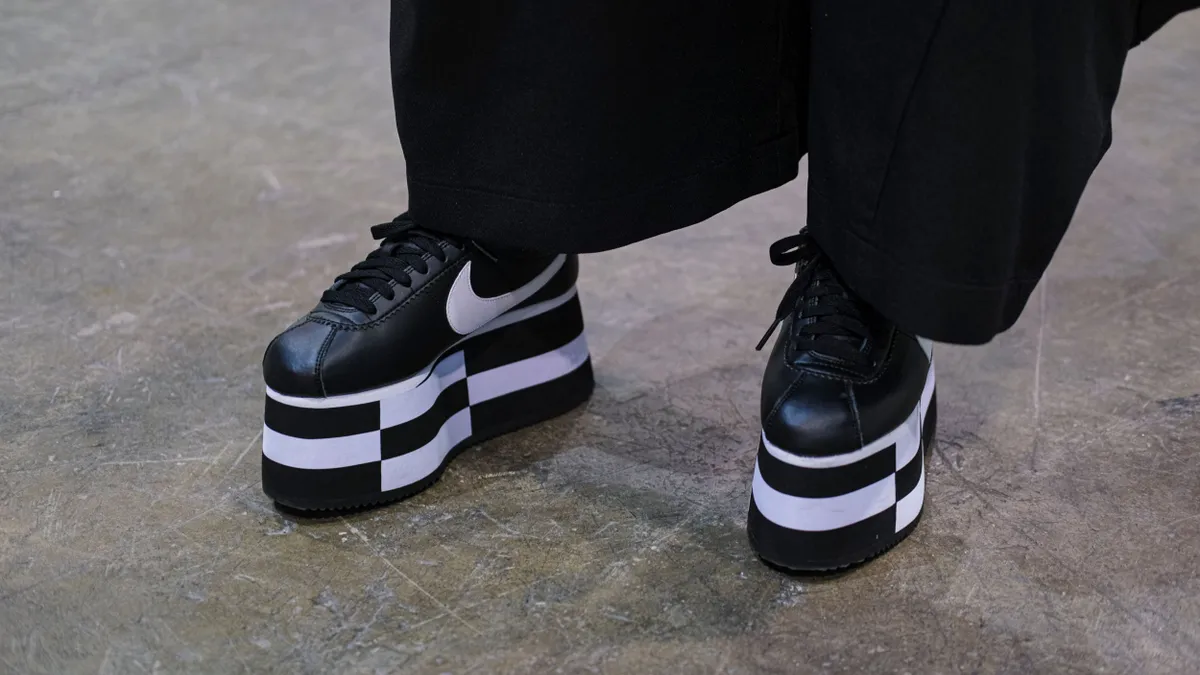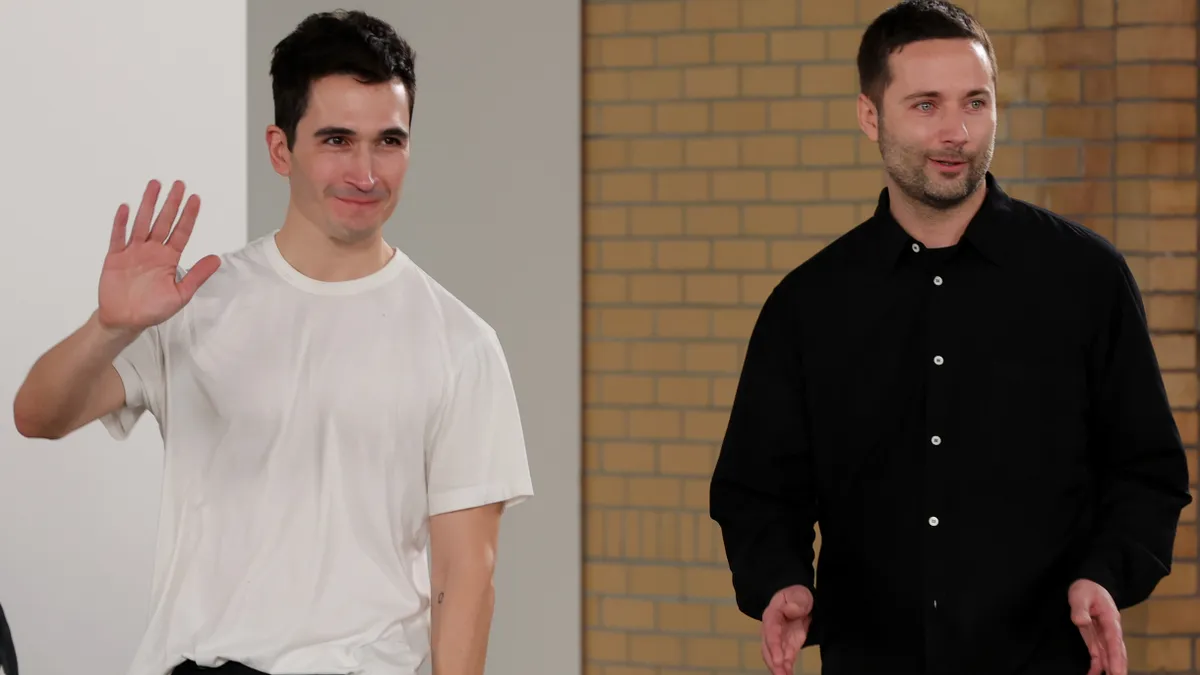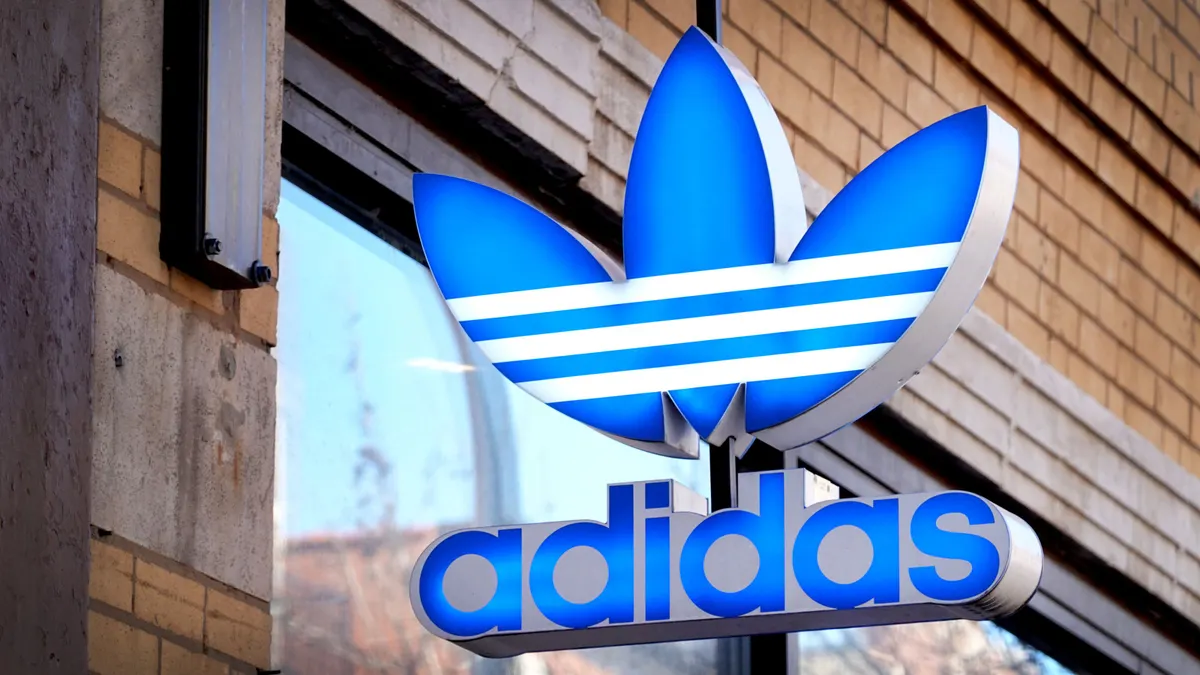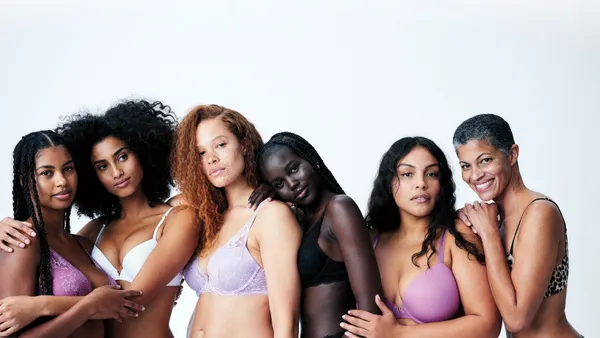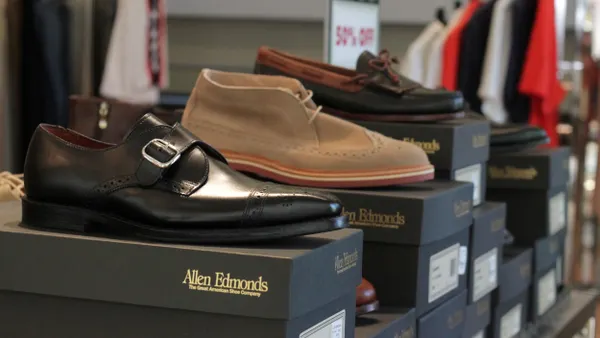Dive Brief:
- Nike was the No. 1 fashion brand for influencer marketing in the U.S. in 2024, according to a report influencer marketing platform Traackr released this week.
- Traackr scored brands based on a proprietary rating system called the Brand Vitality Score, abbreviated VIT, which measures a brand’s performance based on influencer content. The metric includes the reach of the content, its engagement and the quality of the content on brand image.
- From January through October, Nike garnered 84,300 social media mentions and 257 million engagements. Its total VIT score was 967,000, which was higher than the second-highest brand, Louis Vuitton, which had a VIT of 803,000.
Dive Insight:
Traackr sourced the fashion brands included on the list by analyzing influencers in the U.S., U.K. and France who mentioned at least one of the 342 brands Traackr references.
Nike competitor Adidas ranked sixth on the list, with a VIT of 622,000, and another athleticwear competitor, Lululemon, ranked 12th, with a VIT of 494,000.
Nike has a creator community of about 22,000 influencers and Adidas has 14,500, according to Kayla Quock, director of brand marketing for Traackr. These creators span beyond celebrities, which Traackr defines as VIPs. Traackr doesn’t specify which social media platforms this includes.
“Since their creator communities are so robust beyond celebrities, [brands] earn more VIT from organic mentions than paid,” Quock said in an email to Fashion Dive. “The VIPs they do partner with span many interests, from athletes like LeBron James and Aryna Sabalenka to artists like Megan Thee Stallion and Justin Bieber, covering a wide array of consumers that take these brands from sportswear to streetwear.”
Quock said fast fashion companies have a similar strategy of diversifying their influencer content beyond celebrities.
In the 2024 ranking, fast fashion company Zara ranked 10th with a VIT score of 524,000, and fast fashion company Shein ranked 11th with a 504,000 score. H&M ranked 20th, with a VIT score of 326,000.
Meanwhile, Louis Vuitton ranked second in the U.S. with a VIT score of 803,000, followed by Dior, with 750,000, and Chanel, with 642,000.
Luxury brands rely more heavily on celebrity content, Quock said.
“So, while they partner with fewer influencers, they have a larger reach and still earn high VIT,” Quock said. “With this focus on VIPs, luxury brands are likely more focused on brand awareness and positioning with their influencer programs than conversions, which makes sense for higher-priced products in our current economy. Despite a ‘vibecession,’ luxury brands performed well with creators in 2024 by staying a part of the conversation with carefully curated VIPs.”
VIT results in the U.K. were different than in the U.S.
While Adidas was the No. 1 brand by VIT in the U.K., H&M ranked second, and Shein ranked fifth.
Nike was fourth in the U.K. Unlike in the U.S. ratings, a luxury brand didn’t place in rankings until Dior appeared in the No. 6 slot with a score of 165,000.
In France, Shein had the highest VIT score with 148,000, followed by Adidas and Dior.



